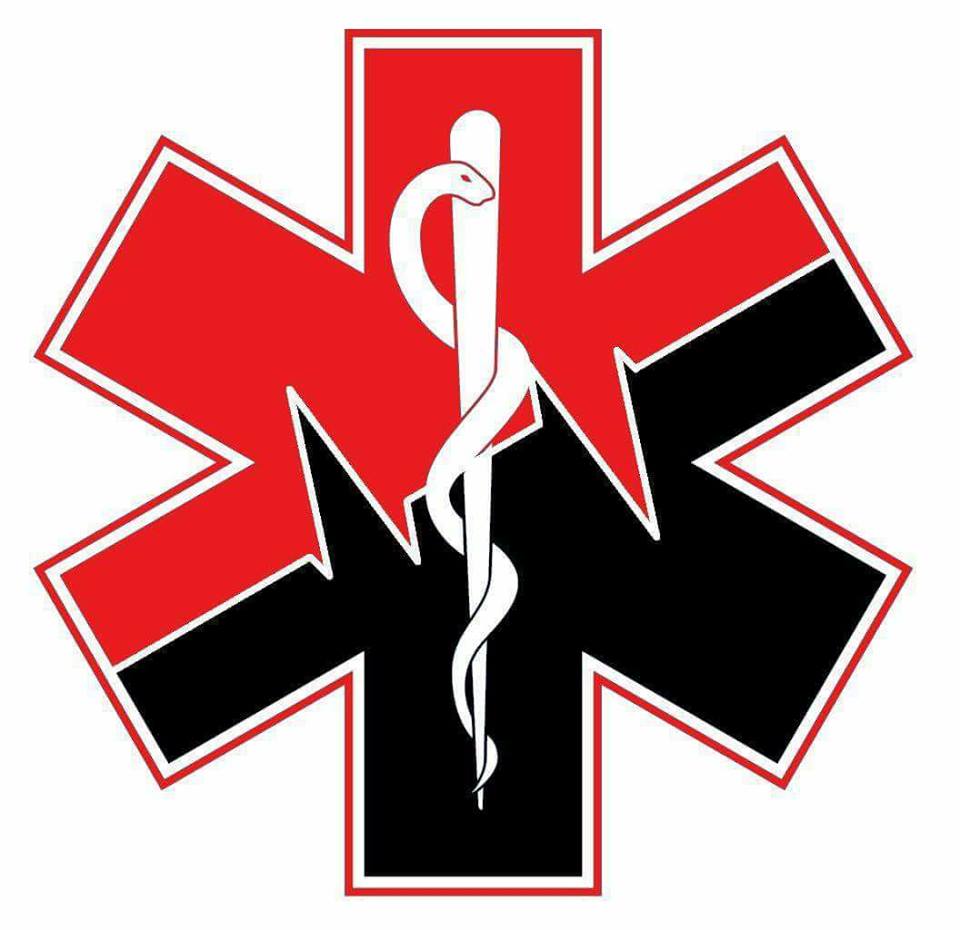Bristol City Council recently announced £30 million in spending cuts, which will impact on social care as well as other council services. Alongside this, Bristol CCG plan to cut 30% of hospital beds across the Bristol area as part of the new NHS Sustainability and Transformation Plans. The response from Bristolians to these cuts has been inspiring. BCWN would like to thank all the groups and campaigners that have been organising resistance against these cuts. We are especially grateful to Bristol and District Anti-Cuts Alliance; The BADACA-organised demo in central Bristol earlier in the year highlighted the good work BADACA have done in bringing together activists from a range of political spaces into a unified movement. It was inspiring to be part of.
The cuts are particularly troubling for us because we not only use health and social care services but also work in them. At the BADACA demo, a speaker from Bristol Anarchist Federation made the point that the working class creates the wealth which the politicians are now trying to withhold from us. Or, to put it another way, that everything in society that’s valuable gets its value from the workers who make it. We share this belief, and we think it is especially true in the health and care sector. A hospital without its staff is just a lot of concrete and empty beds. Bristol’s hospitals, care homes, social care offices and day centres are only worth anything because of the skills and time of the workers in them.
They belong to us, and to the people who use them. They do not belong to the politicians. They are not theirs to cut.
Neither do they belong to the bosses. Politicians will order the cuts but it is the managerial class, within the services we work for, who will wield the axe. It is hospital managers and social services bureaucrats who pile up the caseloads in community teams, who cut the hours from home care packages, who kick patients out of inpatient beds when they’ve got nowhere else to go. It’s them, as much as the councillors, who create the relentless downward pressure on us and take our time and resources away until we can’t do our jobs properly any more. And, like the politicians, they have nothing to offer of any value to the running of these services. They can’t bandage, or prescribe, or counsel, or protect. Our bosses may work in the same institutions as us but they have no more ownership of them than the politicians in the council offices do.
Fighting the cuts means fighting the bosses within our workplaces, as well as fighting the politicians on the streets outside City Hall. We can fight, not only in our work but through our work, by defying our bosses and using our skills and resources in the interest of ourselves and our class. This means nurses not discharging patients unsafely just to free up beds, social workers not agreeing care plans which fail to meet basic needs, A&E staff refusing to shame patients into not using emergency services. Eventually, this will mean building new fighting organisations in the workplace; we’ve got no love for the existing trade unions, who march us out of work to protest the cuts on the streets and then march us straight back in again to do what we’re told. We need new unions, which let us use our collective strength as workers.
We wanted to make a final point on what is at stake in the struggle against cuts. Research by the Royal Society of Medicine showed that spending cuts in the NHS and social services were responsible for 30,000 deaths in 2015. This figure was rightly shocking to many people, but to those of us who work in health and care services, it shouldn’t be surprising. Anyone who has worked in the industry for any length of time will know a patient who has died, or had their quality of life drastically reduced, because of a lack of resources. This means we will have known people, and sometimes known people very well, who this government and the capitalist class have maimed or killed. This is why we are fighting.
Ultimately, the fight for our services will take place within the services themselves. Marching on the streets shouldn’t be a substitute for organising in the workplace. We can fight in the workplace for political goals, and for a better health service for everyone, as well as for better pay and conditions for ourselves. We’ve always known our bosses and politicians can’t run our services properly. If even they are now realising this, they should move over and let us run them ourselves.
